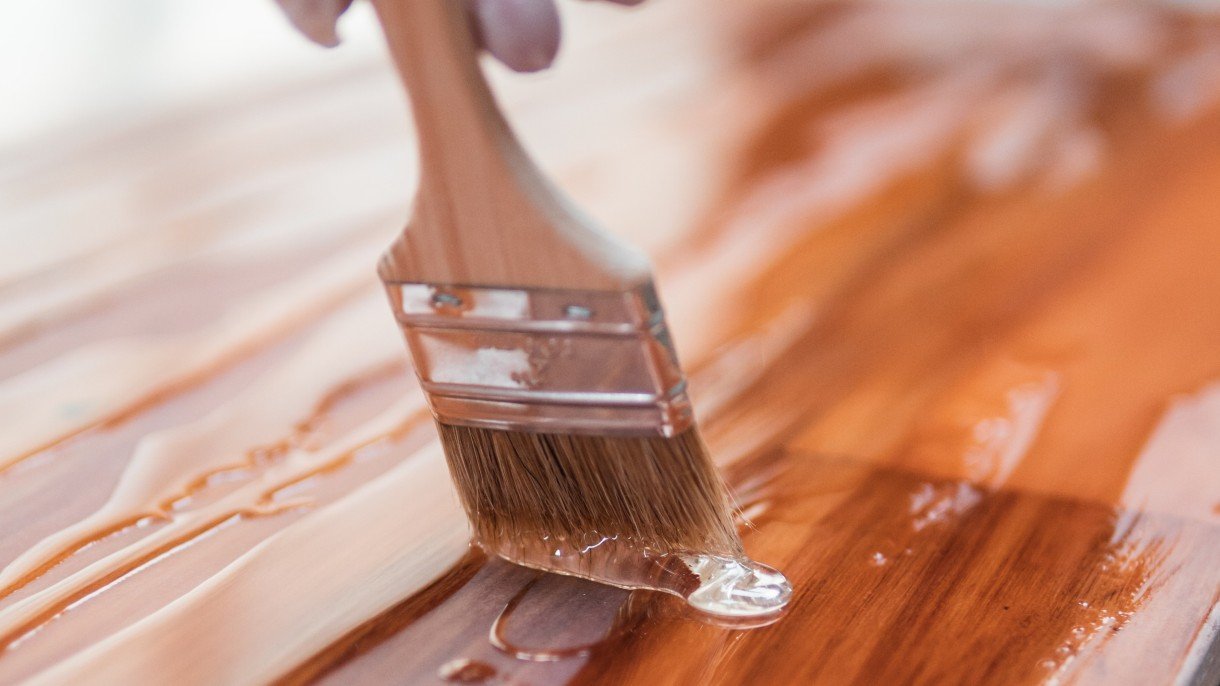Does Resin Biodegrade?

Truth be told, there is a great overlap between people who live sustainably and those who do DIY crafts. What can we say? Reducing waste goes hand in hand with making a lot of your own stuff. And it allows for a lot of reuse.
But while we already wrote about if resin is environmentally friendly, it’s time to find out if it is biodegradable.
Does resin biodegrade?
No, most resins are not biodegradable. This is because they are usually made from fossil sources.
However, in 2011, chemists developed a type of resin that is fully biodegradable. And as we speak, several companies are already producing biodegradable resin.
What are biodegradable resins made of?
Biodegradable resins are usually made from bioplastics. Unlike traditional plastics, bioplastics degrade quickly and do so through the action of bacteria and fungi.
Some of the materials biodegradable resins are made of include:
- Starch-based thermoplastics (TPS): These are affordable and easily available. Not only are they 100% biodegradable but they are also carbon neutral.
- Polylactic Acids (PLA): Made from sugarcane, cornstarch, cassava, or tapioca, polylactic acids are used to manufacture a lot of consumer products. They are particularly used for one-time use cups and utensils.
- Polycaprolactone (PCL): Polycaprolactone is made from vegetable oils and is commonly added to polyurethanes or starch-based plastics. This is usually done to impart resistance to oil, water, solvents, and chemicals. These plastics are popularly used to manufacture dissolvable sutures and drug delivery systems.
- Polyhydroxyalkanoates (PHA): These plastics are a result of bacteria breaking down lipids and sugars. They don’t absorb odors or change when exposed to water and UV light. As such, they are strong enough to be used to make cosmetic and medical products.
- Polybutylene Succinate (PBS): This aliphatic polymer naturally degrades in the environment to release water and carbon dioxide. It is derived from succinic acid and is commonly used to make packaging. It can be blended with polylactic acids to give it more resistance.
- Hemp plastics: These are the new kids on the block and are derived from hemp fibers. Not only are they strong and durable but they can be blended with other types of bioplastics.
Can you recycle resin?
Yes, you can recycle resin. In fact, some companies like TerraCast Products even have resin that is made from up to 100% recycled materials.
While some areas will allow you to simply toss your resin in the recycling bin, others require you to look for suitable waste facilities in your area.
Are resins toxic?
Uncured liquid epoxy resins are usually irritating to the eyes and skin and are particularly toxic to aquatic life. However, solid resins are usually safer and can be classified as non-hazardous materials.
Properly dispose of your resins
When you are done with your resins, remember to dispose of them properly. Compost what you can and recycle the rest. The less resin ends up in the landfills the better!
